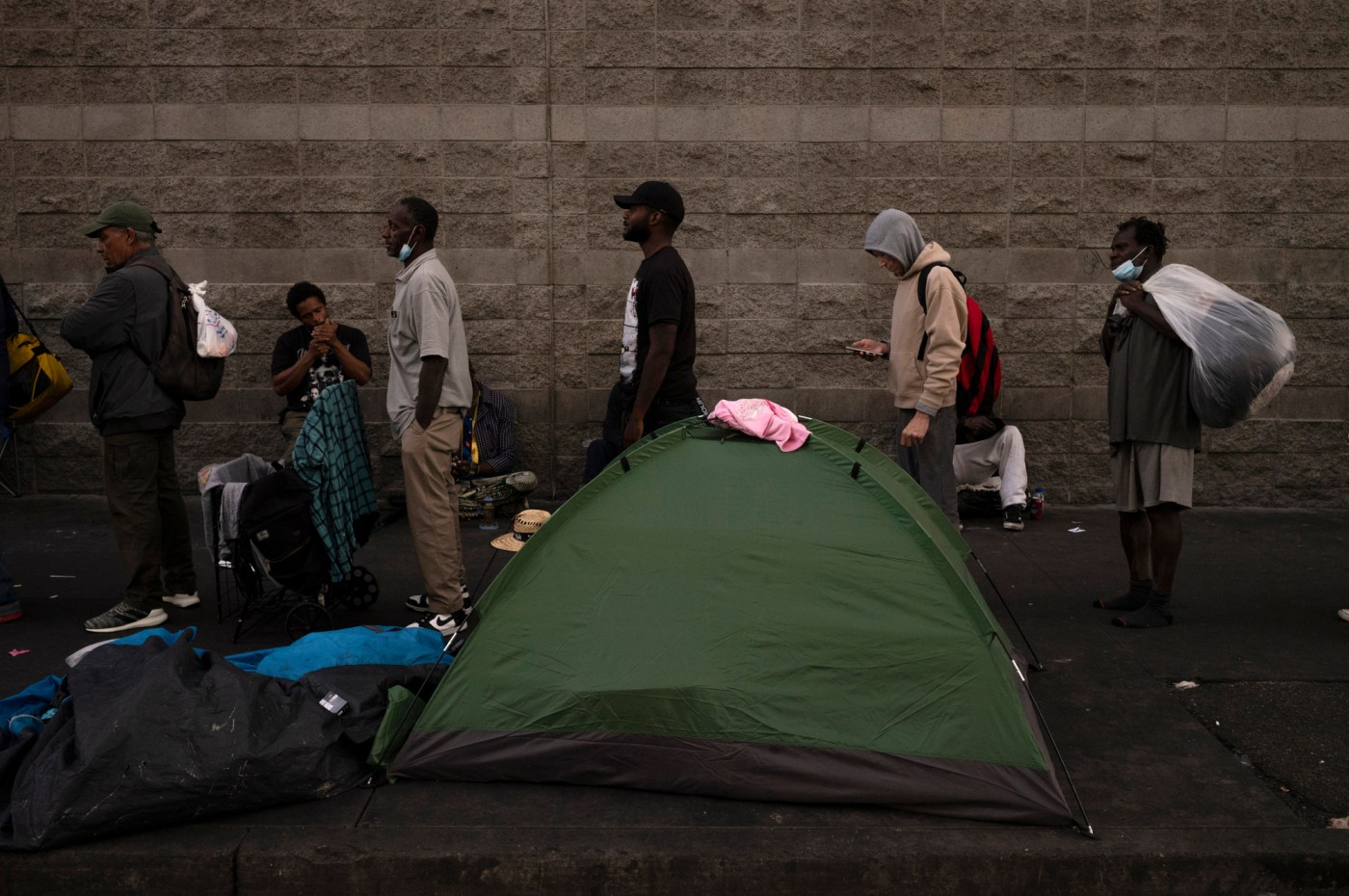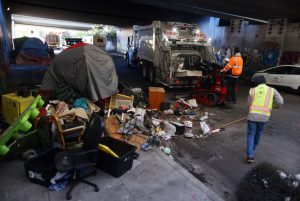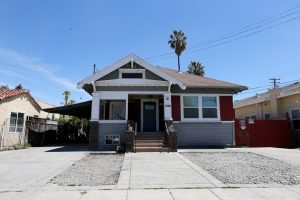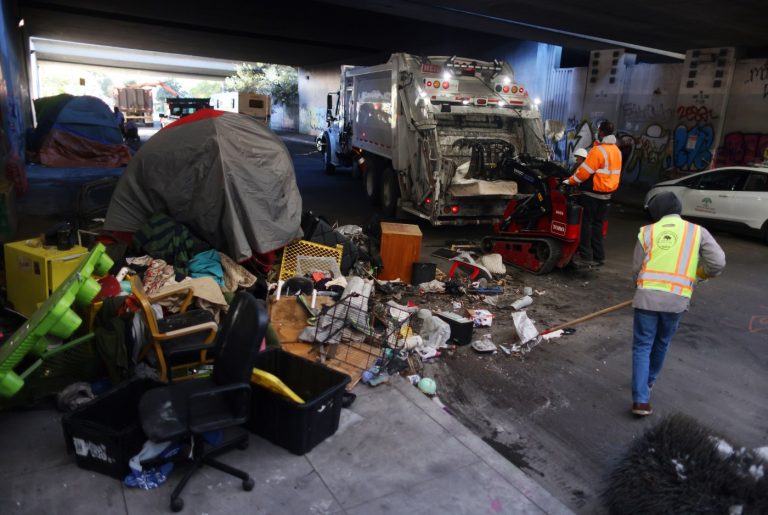By Tran Nguyen | Associated Press
SACRAMENTO — California spent $24 billion to tackle homelessness over a five-year period but didn’t consistently track the outcomes or effectiveness of its programs, according to state audit released Tuesday.
The report attempts to assess how effective the state and local cities have been spending billions of dollars to address the ongoing homelessness crisis in California.
An estimated 171,000 people are homeless in California, which amounts to roughly 30% of all of the homeless people in the U.S. Despite the roughly $24 billion spent on homeless and housing programs during the 2018-2023 fiscal years, the problem didn’t improve in many cities.
Among other things, the report found that the California Interagency Council on Homelessness, which is responsible for coordinating agencies and allocating resources for homelessness programs, stopped tracking spending on programs and their outcomes in 2021 despite the continuous funding from the state. It also failed to develop a collect and evaluate outcome data of these programs due to the lack of a consistent method.
With makeshift tents lining streets and disrupting businesses in communities across the state, homelessness has become one of the most frustrating issues in California.
The report notes that some data regarding the number of program participants and bed inventory in the state system might not be accurate or reliable.
The council, which lawmakers created to help the state deal with its homelessness problem, also has only reported on homelessness spending once since its creation in 2017, according to the report.
Without reliable and recent data on its spending, “the state will continue to lack complete and timely information about the ongoing costs and associated outcomes of its homelessness programs,” the audit contends.
California funds more than 30 programs to tackle homelessness. The audit assesses five initiatives and finds only two of them — the efforts to turn hotel and motel rooms into housing and housing-related support program — are “likely cost-effective.” The remaining programs, which received collectively $9.4 billion since 2020, did not have enough data to be fully assessed, the report says.
The state auditor also reviewed homelessness spending in two major cities, San Jose and San Diego, and found both failed to effectively track revenues and spending due to the lack of spending plans.












